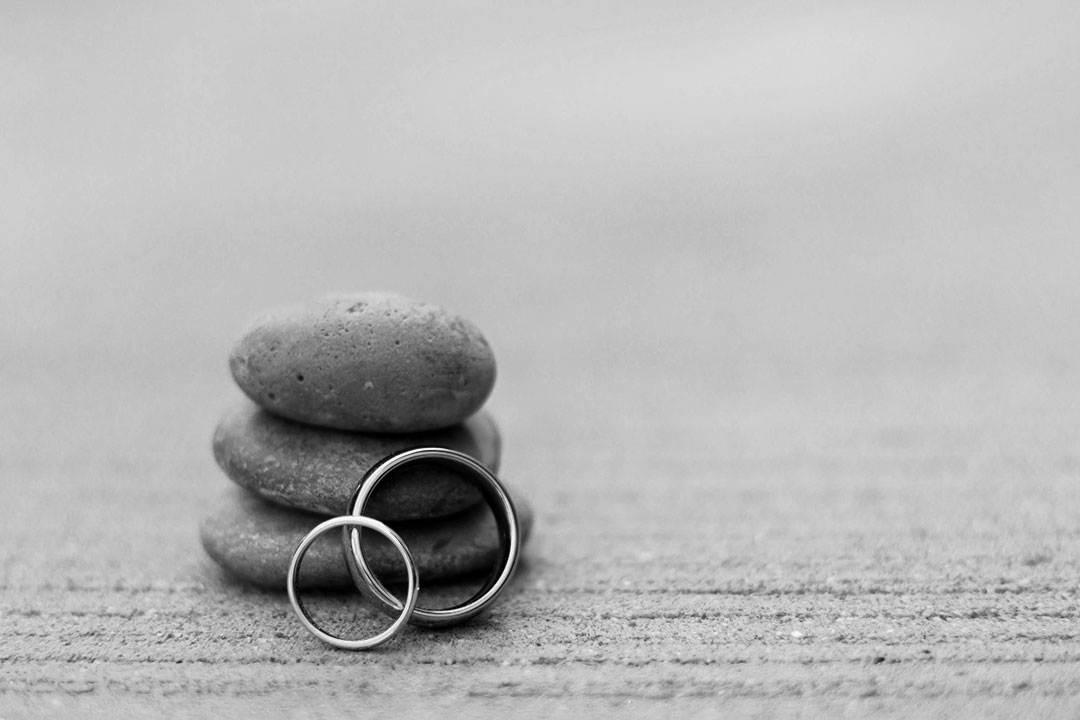Today I am pleased to feature this essay from first-time Mere O contributor Josiah Peterson.
The legal status of marriage was a hot button issue in the 2012 election cycle. Where has it gone in 2016?
Login to read more
Sign in or create a free account to access Subscriber-only content.
Topics:
